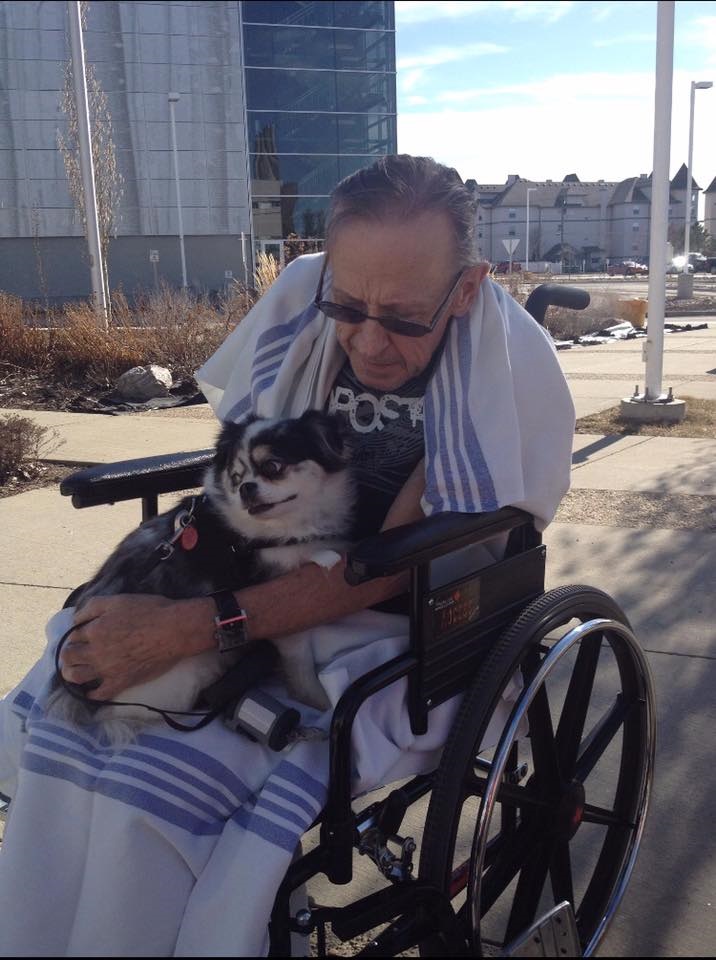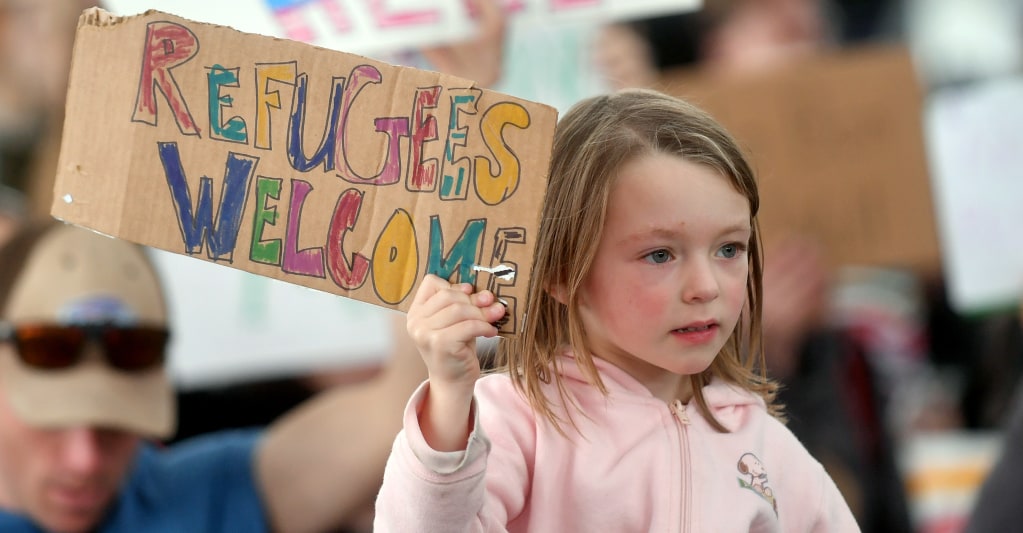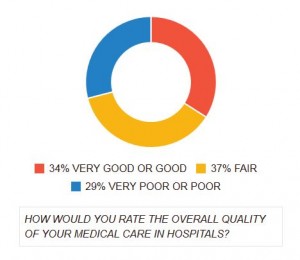If you will be in the Lethbridge area on May 27th, here is an event you may be interested in attending.
********Beulah Salt Seniors Conference – Dementia Care
May 27, 2016, 7:30 a.m. – 4:00 p.m.
University of Lethbridge,
Student Union Ballroom A & B
Registration is $10.00
(Deadline to register is May 13, 2016.)
The sessions include:
Searching for Closeness – Why Feelings Matter Most in Dementia Care
Presenter: Dr. David Sheard, CEO / Founder Dementia Care Matters
Interventions to Change Practice in Long Term Care Facilities
Presenter: Dr. Sienna Caspar, Assistant Professor, Therapeutic Recreation Program, Faculty of Health Sciences, U of L
Moral Distress
Presenter: Dr. Shannon Spenceley, Assistant Professor, Faculty of Health Sciences, U of L
Understanding the Role of the Male Caregiver
Presenter: Mr. Ryan Waldorf, MHSc (Nursing), RN; Instructor, Nursing, Faculty of Health Sciences, U of L
Learning How to be a Butterfly – The Butterfly Household Model of Care
Presenter: Dr. David Sheard
Click here for the Conference Registration Form.







 Negative relationships can exist between physicians and their presence can impact patient care. As Dr. Karthikesan explains, “The doctor-patient relationship paradigm depends closely on the doctor-doctor relationship. Bad and damaging cultures foster a hostile atmosphere that erodes trust, tarnishes good communication and promotes disrespect within the medical community. The role doctors play in harming each other ubiquitously affects the patient’s care, however unintentionally. The question becomes, how can the relationship between physicians be improved or as Karthikesan asks, “So what went wrong in the noblest of professions and how do we fix it?”
Negative relationships can exist between physicians and their presence can impact patient care. As Dr. Karthikesan explains, “The doctor-patient relationship paradigm depends closely on the doctor-doctor relationship. Bad and damaging cultures foster a hostile atmosphere that erodes trust, tarnishes good communication and promotes disrespect within the medical community. The role doctors play in harming each other ubiquitously affects the patient’s care, however unintentionally. The question becomes, how can the relationship between physicians be improved or as Karthikesan asks, “So what went wrong in the noblest of professions and how do we fix it?”